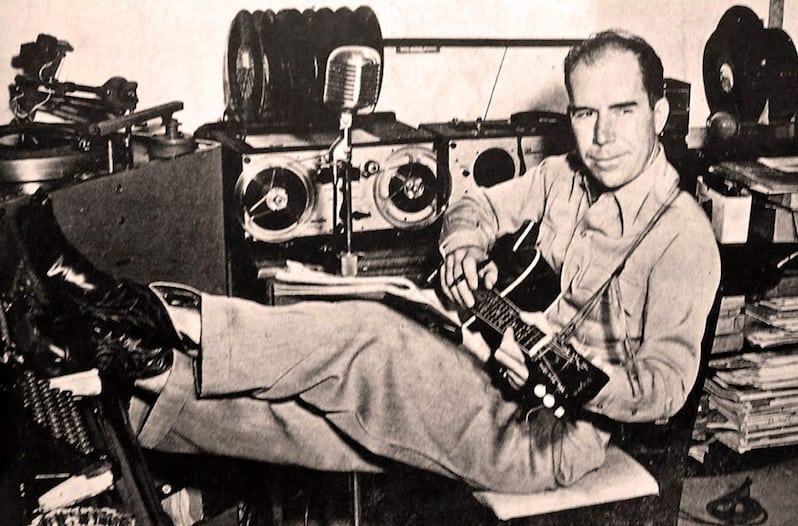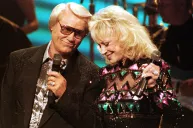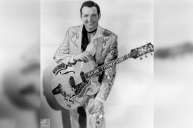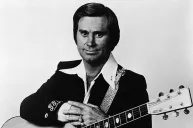For the most part, country music history chronicles changing trends, tragic ends to ongoing careers and an endless list of artists with just a few noteworthy recordings. There are exceptions, of course. George Jones charted top 50 hits in six consecutive decades, Roy Acuff's longevity came to represent the very spirit of the Grand Ole Opry, Willie Nelson and Dolly Parton will never go out of style and, less obviously, Floyd Tillman changed with the times as effectively as anyone back when a budding industry sought a long-term identity.
Videos by Wide Open Country
A Western Swing Pioneer
Ryan, Oklahoma born and Post, Texas raised, Tillman (Dec. 8, 1914- Aug. 22, 2003) first took to singing and playing guitar in the 1930s. A vocal delivery and guitar style that as much mirrored jazz as early hillbilly music made him an ideal addition to Western Swing innovator Adolph Hofner's San Antonio-based band. The group's liberal inclusion of blues and pop styles, and its grounding in both jazz and traditional folk, further diversified Tillman's playing style. His developing talents as a songwriter and his reputation as a Western Swing guitarist earned him other gigs with singers Leon "Pappy" Selph and Cliff Bruner.
An Influential Honky Tonk Songwriter
https://www.youtube.com/watch?v=u1wRuY3Ap3U
Read More: Nashville's Ernest Tubb Record Shop is a Must-See for Country Fans
Tillman's first big breaks came in the late '30s. In a short span, he recorded as the featured vocalist of Selph's Blue Ridge Playboys and had his first brush with songwriting success when Jimmie Davis took notice of "It Makes No Difference"--a song later introduced to pop audiences by Bing Crosby.
A solo career soon followed. Early sides for Decca and Columbia include his lone chart topper, "They Took the Stars Out of Heaven," (1944); sentimental World War II hit "Each Night at Nine" (1944); Ernest Tubb's honky tonk stomper "Drivin' Nails in My Coffin" (1946); eventual pop standard "I Love You So Much It Hurts" (1947); the often-covered "I Gotta Have My Baby Back (1949) and prototypical cheating song and future Jimmy Wakely and Margaret Whiting hit "Slippin' Around" (from a 1950 split record with Gene Autry). It was a period of literally slipping around between styles as country music gained a more lasting identity.
His influence continued in the 1960s, beginning with the top 30 single "It Just Tears Me Up." Several country singers to either emerge or further their legend that decade--namely Ray Price and Merle Haggard--covered Tillman's "This Cold War With You."
Tillman sporadically wrote songs until his passing. Nelson, Parton, Hank Thompson and other stars celebrated an American original by appearing on his final album, The Influence (2004). He earned several accolades in his lifetime, including a 1970 induction into the Nashville Songwriter's Hall of Fame and a 1984 election into the Country Music Hall of Fame.




